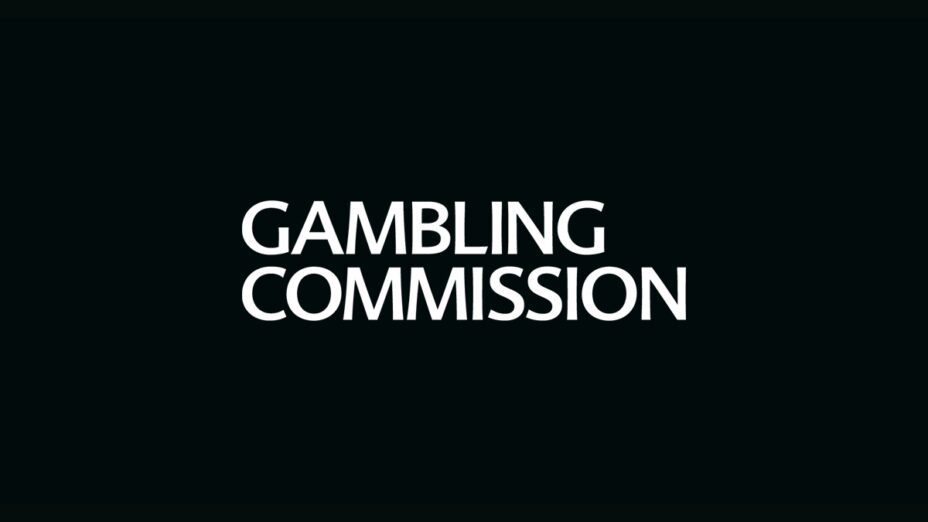Gambling operators in Great Britain will be subject to stricter rules on bonusing and cross-selling from December.
The new rules come into force on 19 December and deliver on the reforms outlined in the government’s Gambling Act white paper of 2023.
The new rules, which have been developed following a public consultation, include a ban on mixed product promotions that require players to participate in different forms of gambling, such as sports betting and slots, in order to receive a bonus.
The Gambling Commission said the ban on mixed product promotions is in response to evidence which shows that consumers are more at risk of harm when they gamble on multiple products rather than a single product.
“There is also the risk that mixed product promotions confuse consumers because of complex terms and conditions,” the Gambling Commission said in a statement Wednesday.
New rules will also come into force in December to limit wagering requirements in bonus offers, limiting the play-through requirement to a maximum of ten times the bonus amount.
The Commission used the example of a £10 bonus with a 50 times wagering requirement, which would require the consumer to play through £500 before their winnings can be withdrawn.
“Such high wagering requirements could confuse consumers and lead them to gamble for longer, and faster, than they are used to,” said the Commission. “Capping the wagering requirement to ten decreases the likelihood of harm, reduces complexity, and improves transparency while maintaining consumer choice.”
Tim Miller, executive director for research and policy at the Gambling Commission, commented: “These changes will better protect consumers from gambling harm and give consumers much better clarity on, and certainty of, offers before they decide to sign up.”
The Commission has also decided not to proceed with a previously proposed requirement to ensure incentives are constructed in a manner that does not “lead to excessive intensity” of gambling. This is due to current difficulties in distinguishing between innocuous and harmful incentives, as well issues around defining “excessive intensity”.
The new rules will come onto force on 19 December via a change to the LCCP Social Responsibility Code 5.1.1 (Rewards and Bonuses).
This will be amended to:
1. The following applies where a licensee makes available to any customer, or potential customer, an incentive or reward scheme or other arrangement under which a customer may receive money, goods, services or any other advantage (including the discharge in whole or in part of any liability of his) (‘the benefit’).
2. Licensees must:
- Set out terms and conditions, in relation to an incentive, which are clear, transparent, and fair and readily accessible to any customer or potential customer to whom it is offered.
3. Licensees must not:
- Apply wagering requirements, which requires a customer to play through bonus funds, over a maximum of 10 times. A wagering requirement is a where a customer is required to make wagers totalling a particular value for funds to become withdrawable.
- Include more than one type of gambling product (betting, casino, bingo, and lottery) within an incentive.
- Alter or increase the receipt or the value, or amount of the incentive if the qualifying activity or spend is reached within a shorter time than the whole period over which the benefit is offered.
- Construct incentives where, if the benefit comprises of free or subsidised travel or accommodation which encourages the customer’s attendance at a particular licensed premises, it is offered on terms that directly relate to the level of the customer’s prospective gambling.
4. If a licensee makes available an incentive or reward scheme for customers, designated by the licensee as ‘high value, ‘VIP’ or equivalent, it must be offered in a manner which is consistent with the licensing objectives.
5. Licensees must take into account the Commission’s guidance on high value customer incentives.
The following will be deleted from LCCP Social Responsibility Code 5.1.1:
neither the value nor amount of the benefit is dependent on the customer gambling for a pre-determined length of time or with a pre-determined frequency.
